

Presenting the Premise
A series of things happening doesn’t make a story. Without a clear premise, readers have no idea what to expect from the story or why they should keep reading. Here's how to establish your premise from the start.
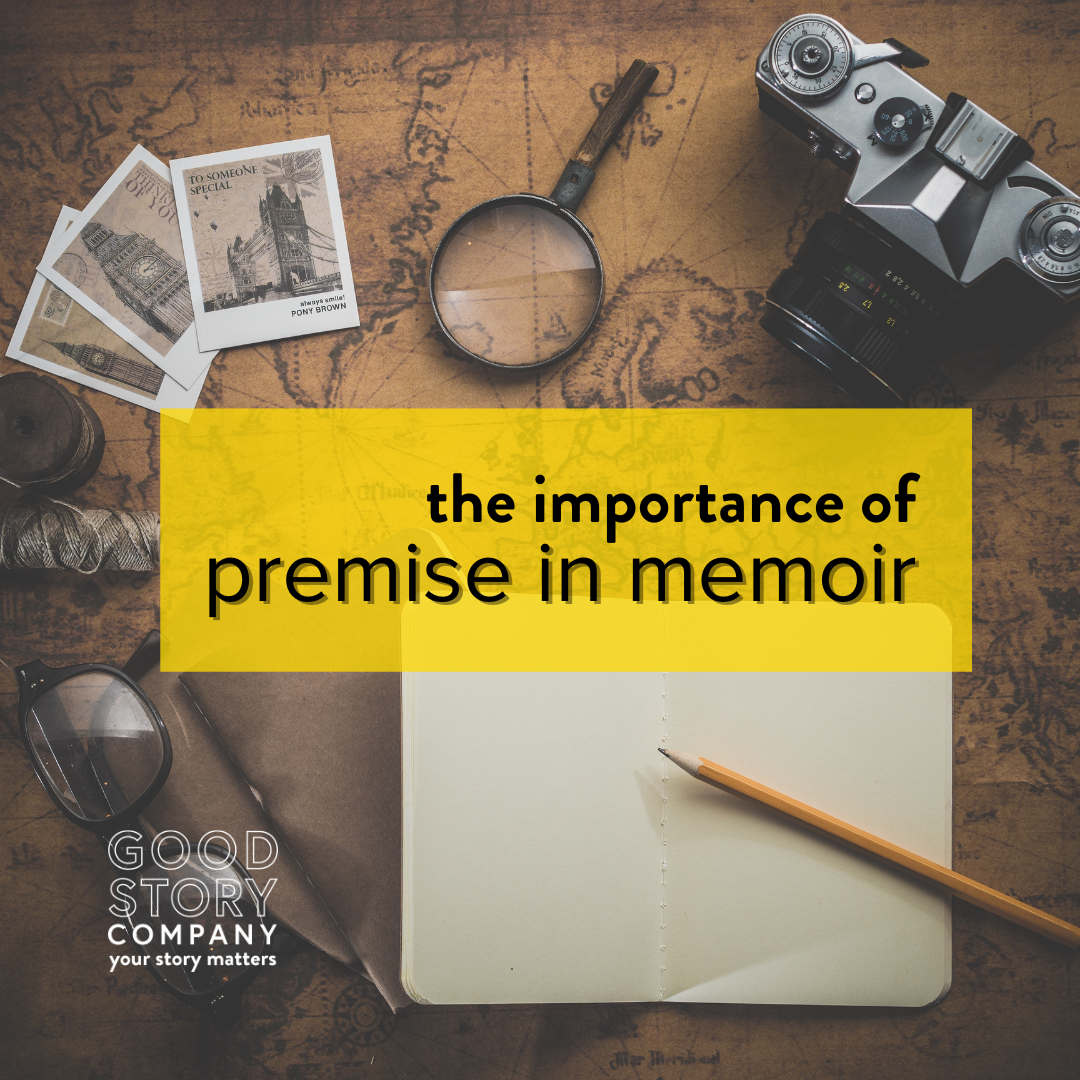
The Importance of Premise in Memoir
Premise is the short summary of your story, also known as the hook or logline, that informs the reader’s expectations of where the story will go. Stay on track and learn how to structure your personal story with strong premise in memoir.
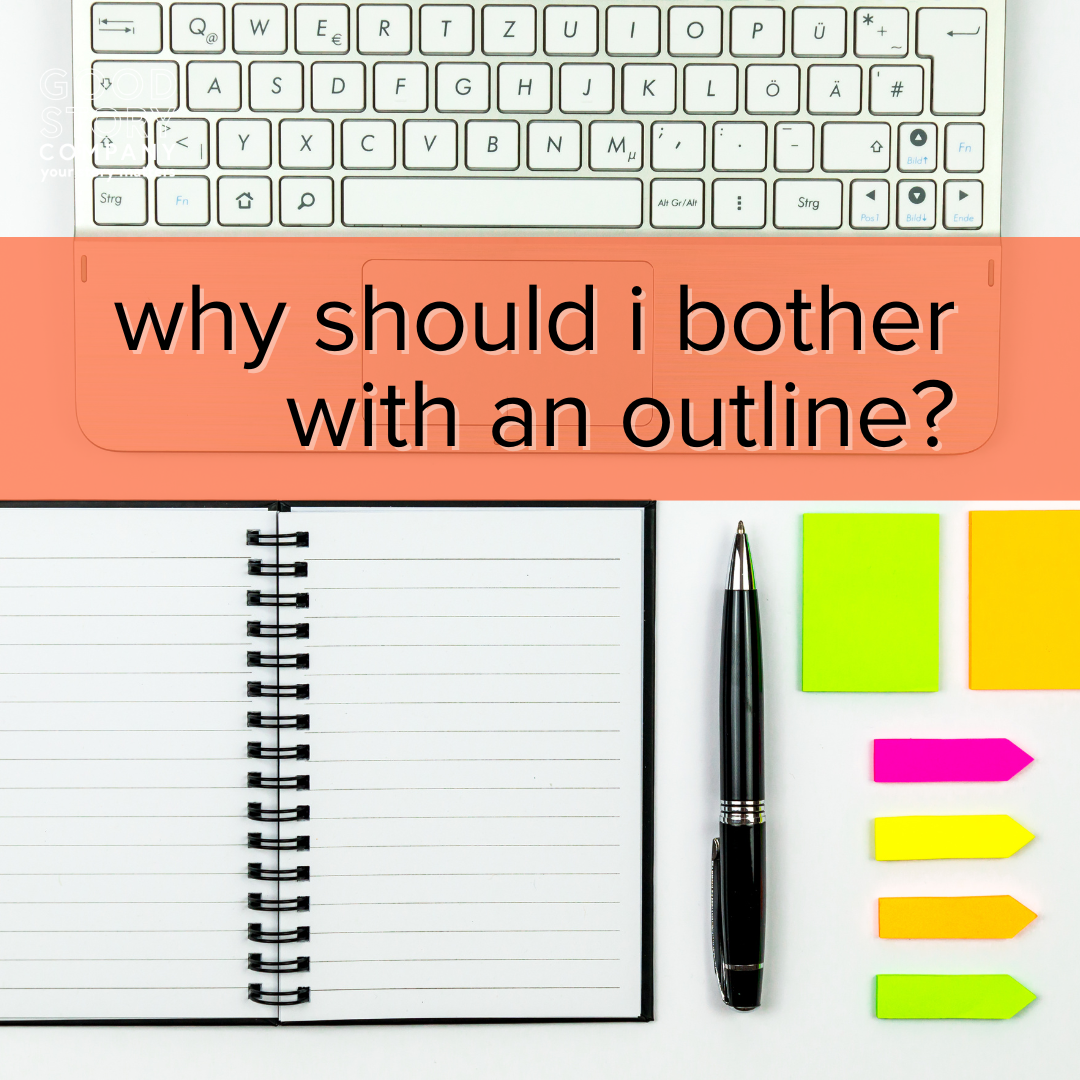
I’m Writing a Novel. Why Should I Bother with an Outline?
To outline or not? Writing projects start with a spark—a character, a scene, a what-if moment. But what happens from there?
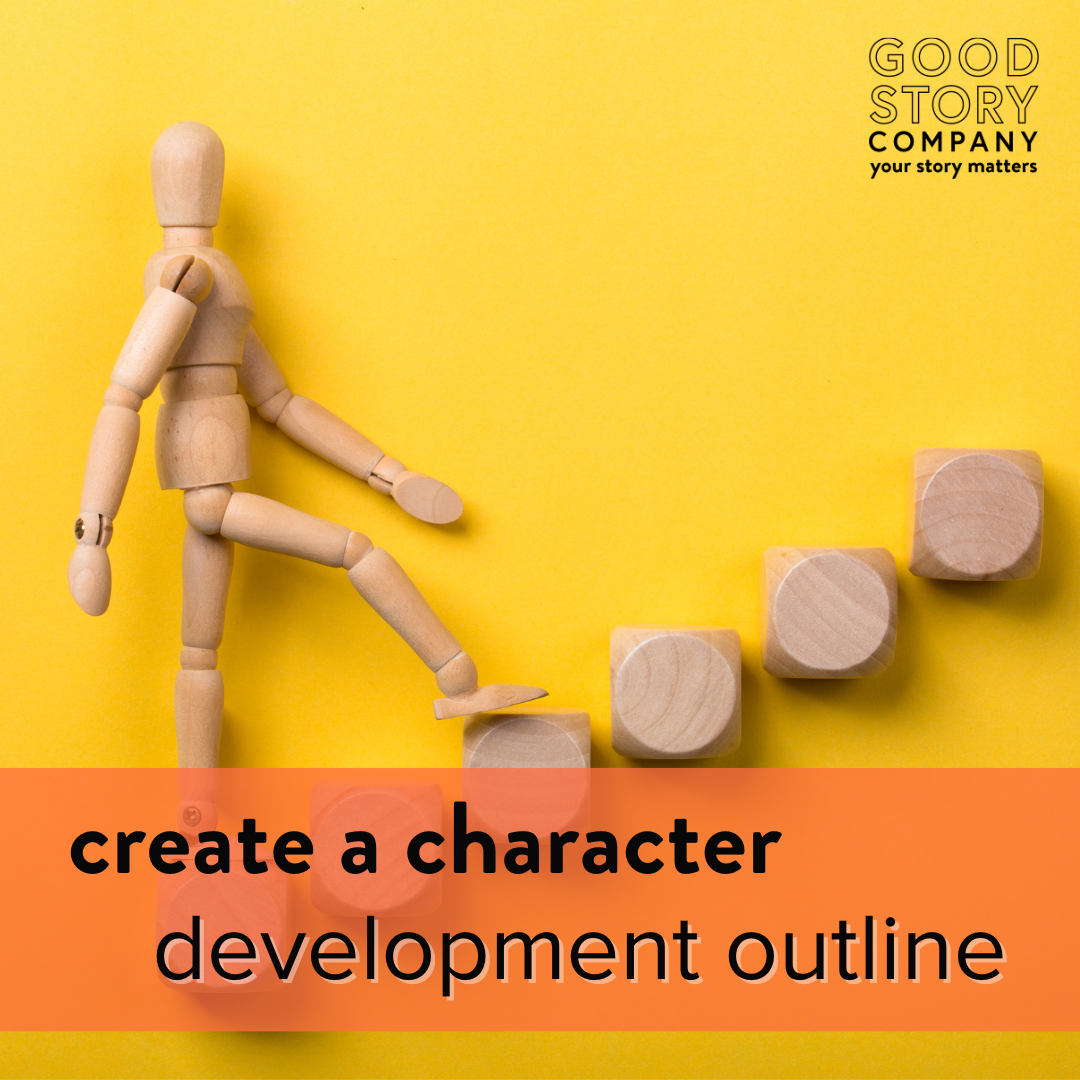
How to Create a Character Development Outline
You’ve probably written a plot outline for your story, but have you written a character development outline? Here are some tips for developing character arc so your character development is as tight as your plot.

Strategies to Incorporate Agent/Editor Feedback
Once the manuscript has been completed, submitted, and accepted, writers can feel like the bulk of their work is done. It would seem only small corrections should need to be made. Until the agent/editor feedback comes. Use these strategies to incorporate it for stronger work.
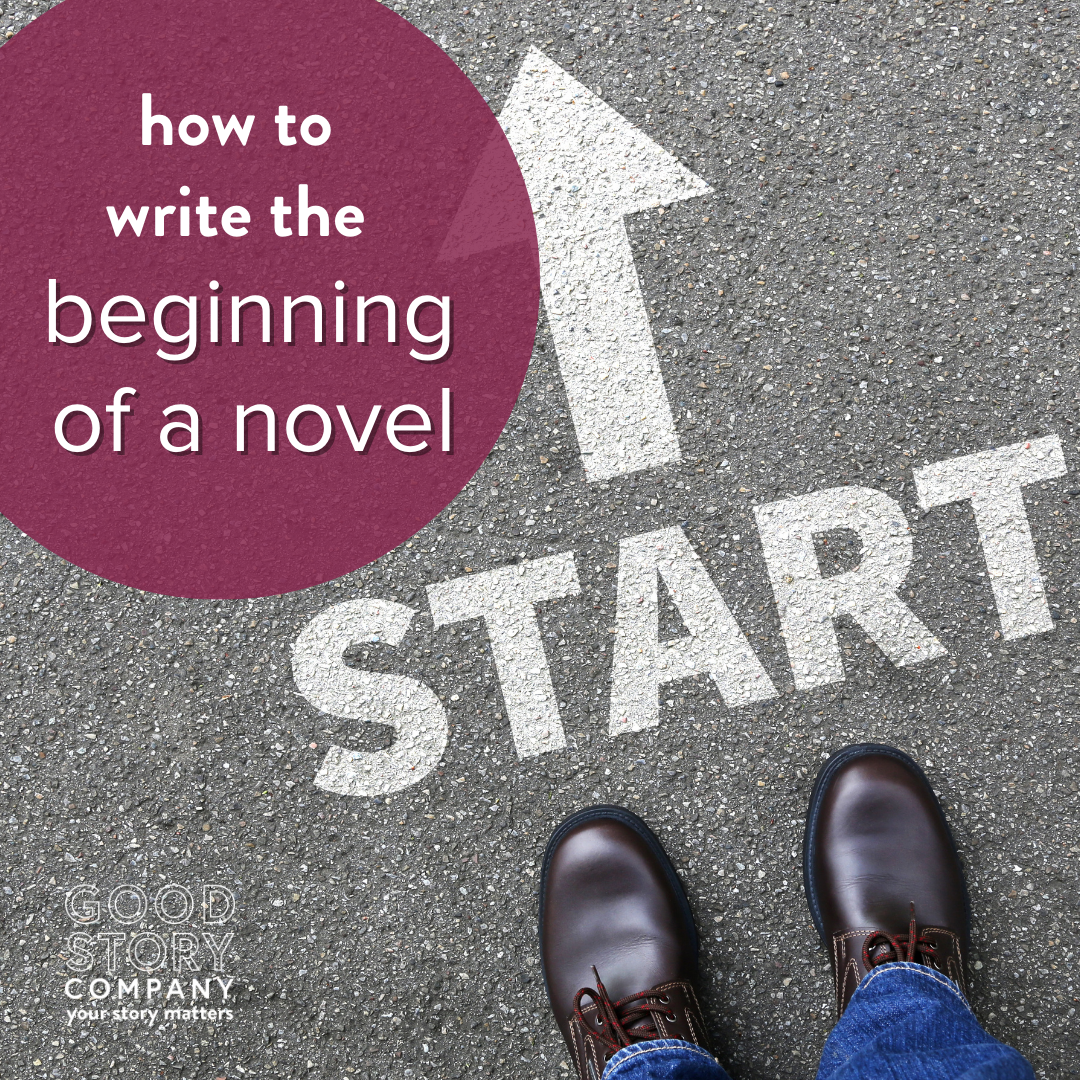
How to Write the Beginning of a Novel
The beginning of your story sets the foundation from which the plot will unfold. This foundation creates impact with the developments and conflicts that make up your narrative. If you need help with how to write the beginning of a novel, consider these three elements.

What’s After NaNoWriMo?
NaNoWriMo (National Novel Writing Month) is an intense time for writers who participate. I hope it was everything you were looking for. But the end is near. What’s next?

NaNoWriMo: Experimenting in Multiple Genres
It’s time for NaNoWriMo! How do those authors who publish in multiple genres do it? It’s challenging enough to craft a good story in one genre, especially for brand-new writers.

Changing Literary Agents
One of the most difficult experiences for an author is changing literary agents. Sometimes, as much as many hate to admit it, seeking out new representation becomes necessary. If a relationship between an author and their agent isn’t productive, it can often be worse than having no agent at all.
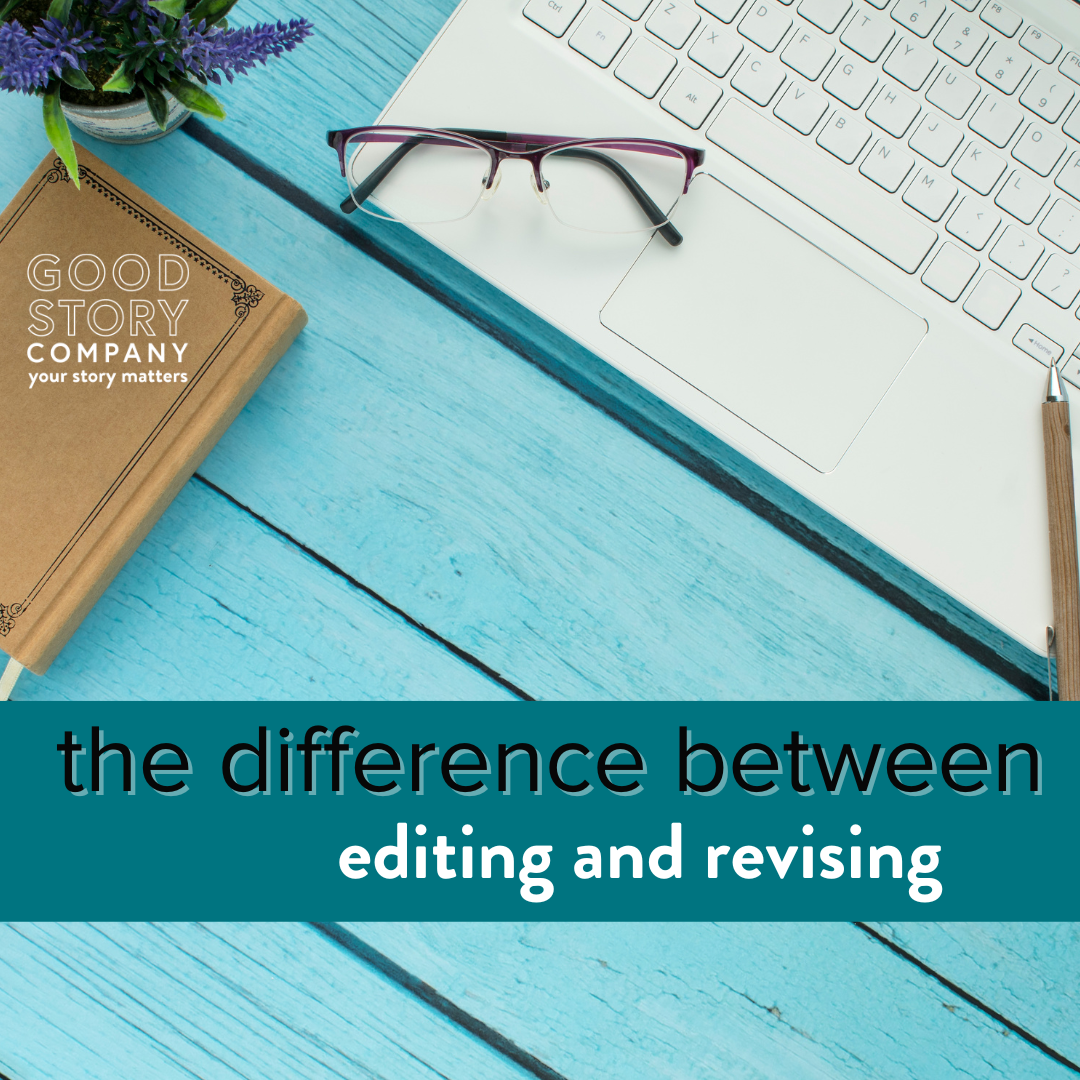
The Difference Between Editing and Revising
There’s an important difference between editing and revising, although writers tend to use “editing” and “revising” as interchangeable terms to mean anything other than drafting. You’ll need to do both, so it’s helpful to understand the difference.

How to Start a Memoir
Many people wonder how to start a memoir, and if it’s even worth doing. Yes, it is absolutely worth doing. But not every event from your life merits inclusion. You have to be selective. Here’s how …

3 Helpful Tips for How to Rewrite a Novel
Rewriting a book doesn’t mean your idea or your writing are bad. It means there’s a better way to show readers the essence of what you’re trying to tell them. Here are 3 helpful tips to get you started!

How to Be a Writing Buddy
How is a writing buddy different from a critique partner or writing partner? The terms are often used interchangeably, but I happen to think that a “writing buddy” is friendlier. So here’s how to be a good one, and boost your own critique and writing skills at the same time.
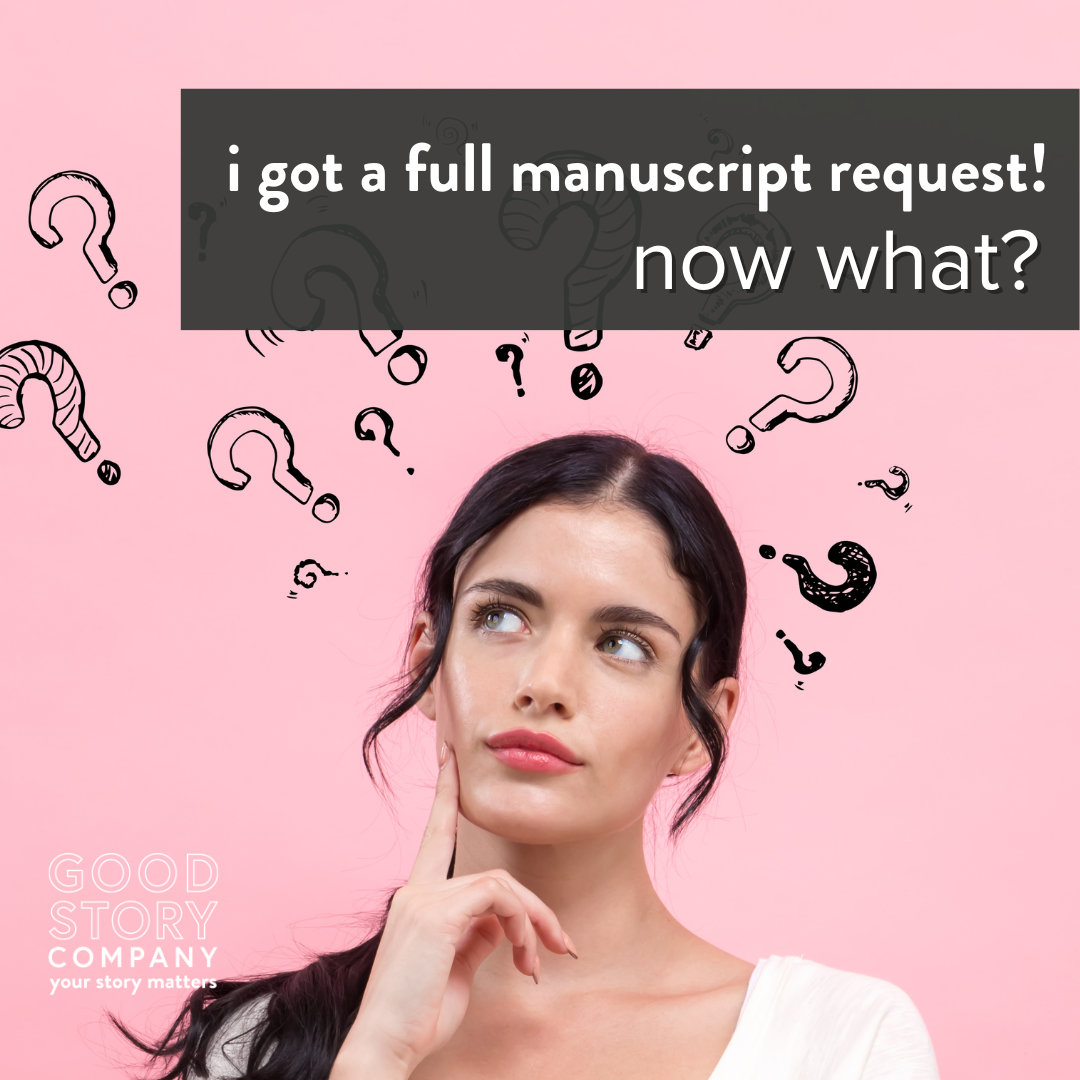
I Got a Full Manuscript Request! Now What?
You got a full manuscript request. Cue the panic. Now, how should you polish an entire novel or memoir for submission so every page sings—without wanting to gouge out your eyeballs? Follow these ten steps!

40 GOOD IDEAS FOR BOOKS to Get You Inspired
Uncap those pens, pop open those PCs, and crack your knuckles. It’s time to dive into good ideas for books, and how to brainstorm. Good Story Company is here to help you stay inspired with our quirky list of good ideas for books.
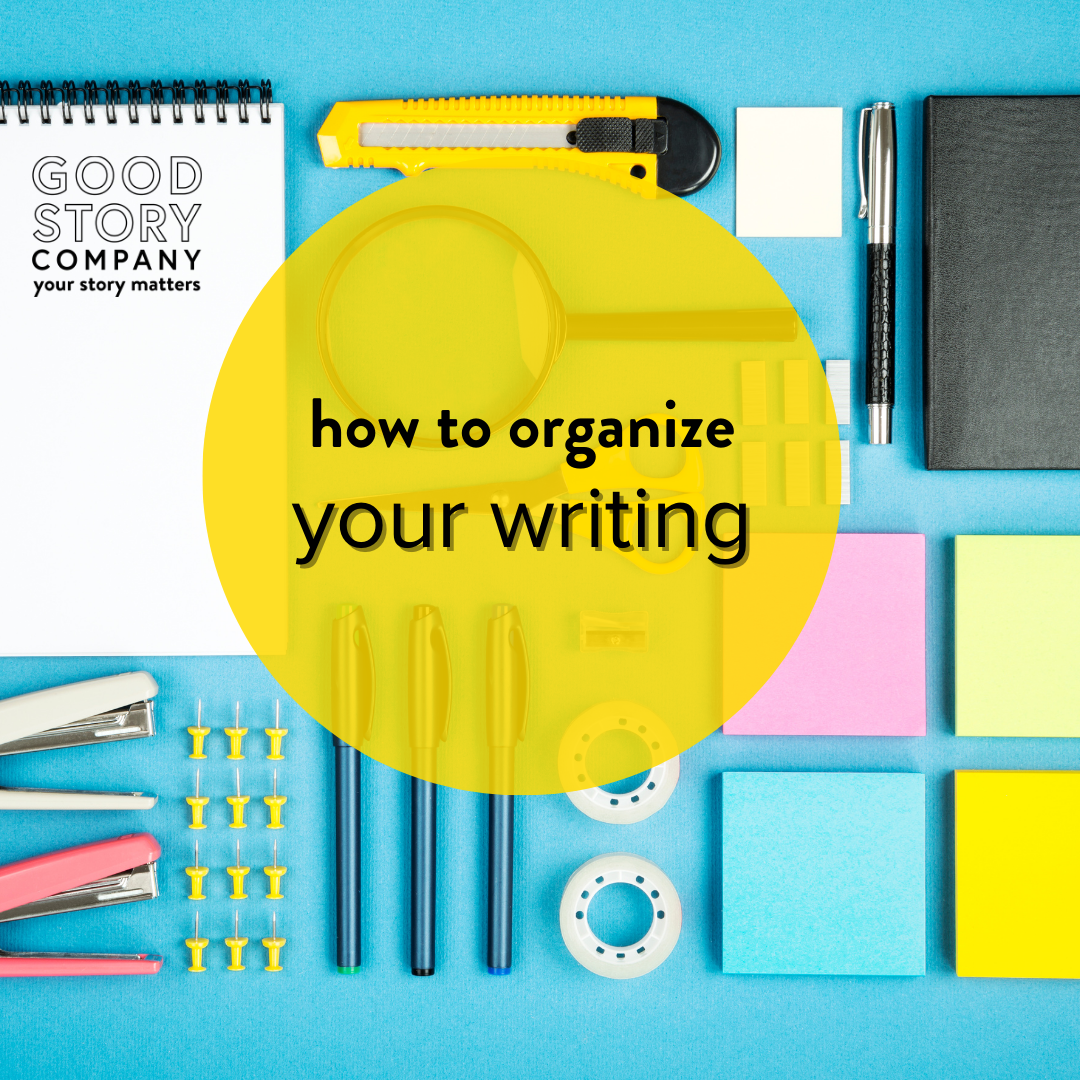
How to Organize Your Writing
If you’re a beginning writer, you may be wondering how to organize your writing. Working on a novel means you’ll have lots of bits and pieces to keep track of: character and setting notes, plot outlines, reference photos, versions of your manuscript, notes to yourself, quotes and inspiration to keep you going when the going gets tough...yikes!

Episode 7: Jessica Brody, Author and Writing Teacher
An interview with author and writing teacher Jessica Brody, where we discuss what makes a compelling story, how to apply story structure whether you're a plotter or pantser, and tackling large-scale revisions without ripping your hair out.

What Is a Sensitivity Reader?
There is a lot of controversy in the writing world about sensitivity readers, so what is a sensitivity reader? What does a sensitivity reader do? Learn more about this specializing writing and editing role here.

Setting Writing Critique Expectations
Setting writing critique expectations is important, especially when a writer starts out getting writing feedback. A lot of writers are in a good headspace when they approach critique. Nervous, maybe. Vulnerable, of course. But eager to learn and give back to a fellow writer.

How to Start Your Novel
If you’re wondering how to start your novel, your job is to hook the reader from page one. But how? In this post, editor Kristen Overman shares some tips on how to write an engaging novel opening, including how to start your novel with scene.
